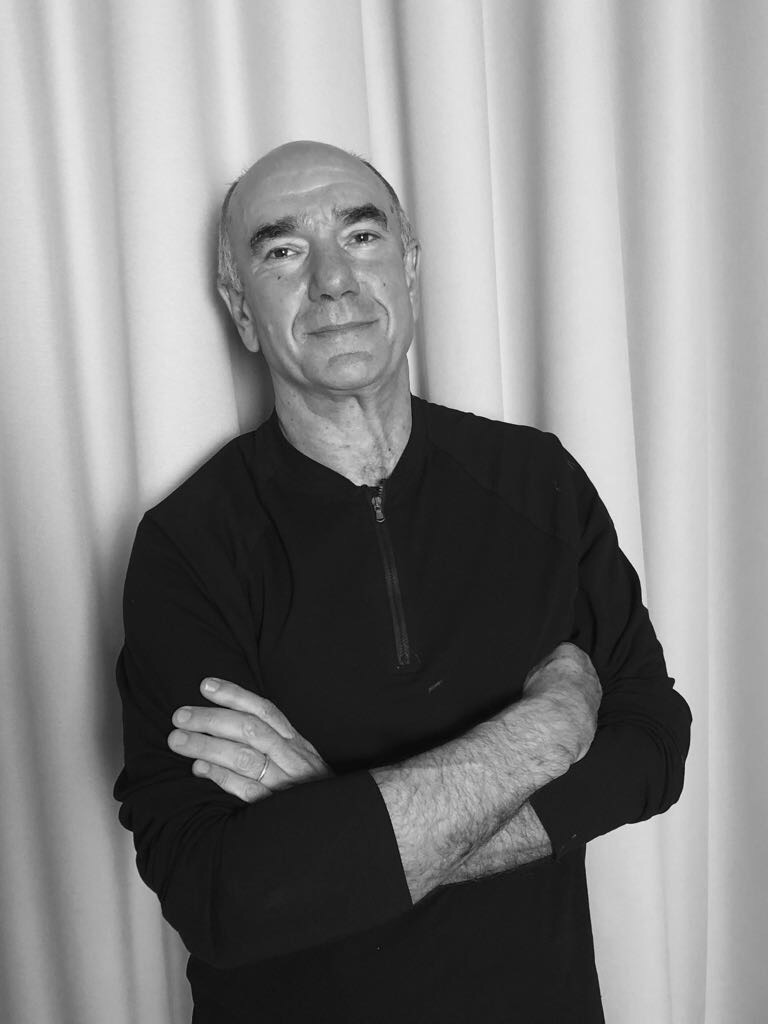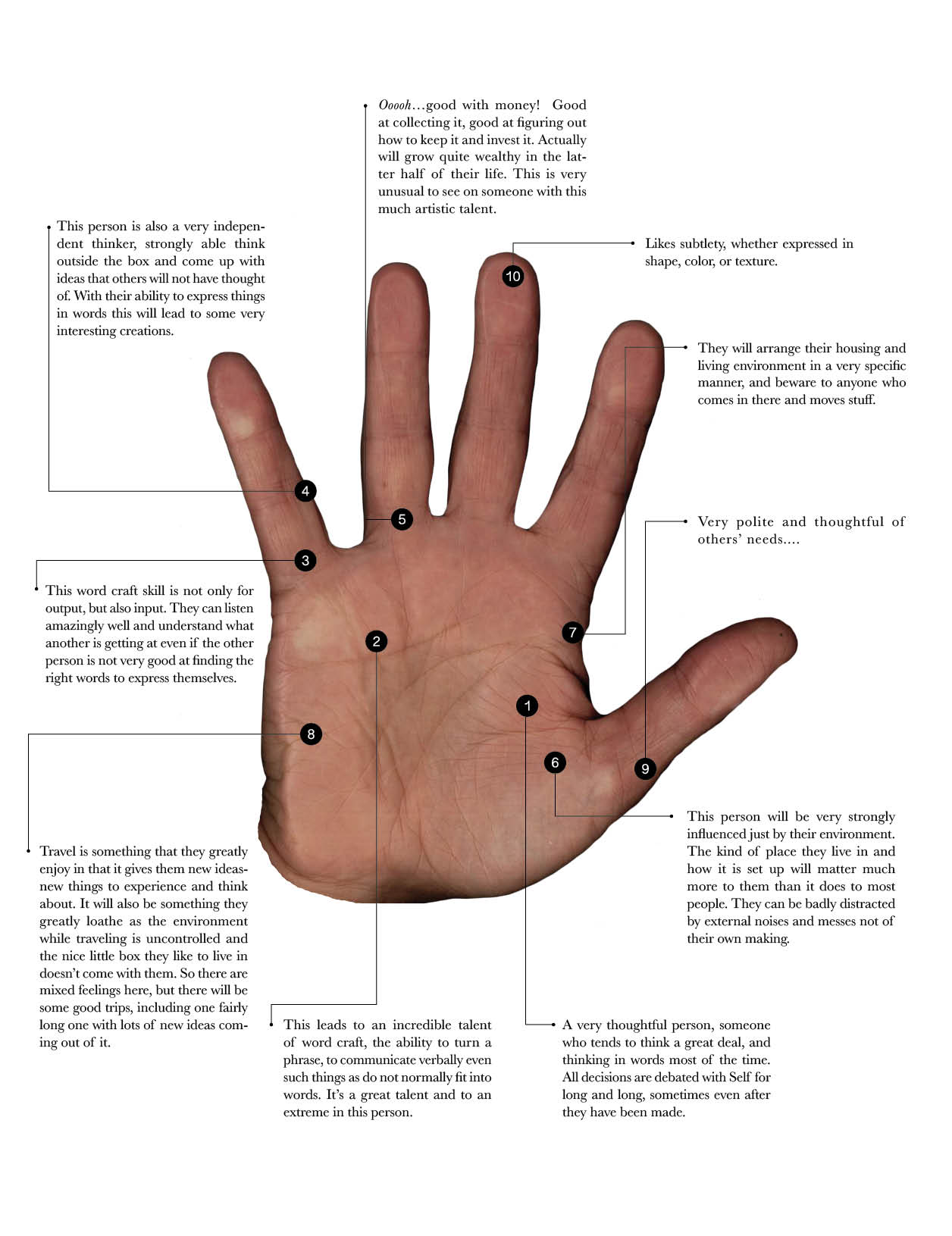
Denzyl Feigelson is a music industry pioneer and leading consultant in the international digital media sector. He was instrumental in the worldwide success of Paul Simon’s album, “Graceland,” and produced the first grand-scale, multi-racial “Concert in the Park” in South Africa in 1982. After founding a successful management company, with a roster that included Ladysmith Black Mambazo, Gypsy Kings, Johnny Clegg, Luther Vandross, and Kenny Loggins, Feigelson created the first ever digital music label, Artists Without a Label (AWAL), which launched in 1997. Feigelson began a long-term role as Special Advisor to Steve Jobs in 2001 and has been an original member of the iTunes team since its inception. He was integral in launching iTunes globally, producing the iTunes Festival and working on Apple’s music initiatives, including Apple Music and Beats. In 2016, Feigelson founded and launched PLATOON, an accelerator and investment incubator for emerging talent. The company works with some of the world’s most exceptional new artists and carries on Denzyl Feigelson visionary role as a digital disruptor.
Your career started as a pro musician in college and then you went on to work with many artists, including Paul Simon on his iconic Graceland record and tour. Do you still play and how does playing influence your business decisions?
My career as a pro musician started when I was at university studying music therapy in the early 70s. I was a very busy bass player. There was always a shortage of good bass players, so I found myself playing in all kinds of bands ranging from salsa to core jazz to experimental electronic. I started as a jazz purist, but I think seeing Sting and the Police influenced me into electric bass. I also followed Jaco Pastorius around New City for a while. I was a committed musician in some amazing bands ‘til the mid-eighties when I moved into producing and managing. The musician experience in those formative years was invaluable, as I naturally was the one booking shows, driving the van, setting up the gear, getting everyone paid. Set the tone for me being a great manager years later. And yes, I still play and have learned other instruments over time – guitar, piano, African percussion, etc. This experience really helps with my connection and empathy with artists. I was lucky enough to be in South Africa in 1982 when Paul Simon started the seed of Graceland, and went on to work on the album and tour ‘til 1988.
How did you become involved in the We Are Family Foundation?
For ten years I got to work closely on the iTunes festival in London. We started that in 2007. It was a month-long festival with the world’s most amazing headliners and discovery artists. In 2013 we booked Nile Rodgers and CHIC. He was on fire that year with all kinds of hits as he has been doing his entire career. We became immediate friends, and once I saw the work the foundation does with young people, I volunteered. TEDxTEEN is just one of the amazing initiatives the foundation initiates.
In 2016 you founded and launched PLATOON, an accelerator and investment incubator for emerging talent. Who are some of the names we should be watching out for in the near future?
These are some of the artists we are excited about…Jorja Smith, YEBBA, Mr Eazi, Billie Eilish, Stefflon Don, Berna, Jevon, Joe Hertz, Amber Simone, Solregn, Tim Newman, Lume, Oscar Jerome, Hak Baker, Rex Orange County, Raleigh Ritchie, Gabrielle Aplin, Maleek Berry, Parisi… I could go on, but I don’t think you have enough space!
As one of the architects of the Apple Music Festival (formerly known as the iTunes Festival), what have been the three high points for you?
That’s an impossible question. ten years, over seven hundred artists, way too many high points…
David Bowie made that profound prediction all the way back in 2002, seemingly predicting streaming music services, “Music itself is going to become like running water or electricity,” he said. Where do you think music distribution will be in 2022?
That’s five years from now! It’s all changing so quickly these days, one needs to only experience the way we are using devices and technology, on the one hand – but also how we are really now filtering and discerning what we do with our screen time and listening time. But some things will never change; the inspiration and spirituality that we get from music. The technology, delivery methods and visual content will change with time, and the way artists control their creativity will change, which is only good news for fans and for us fierce independents.
Text Keanan Duffty


